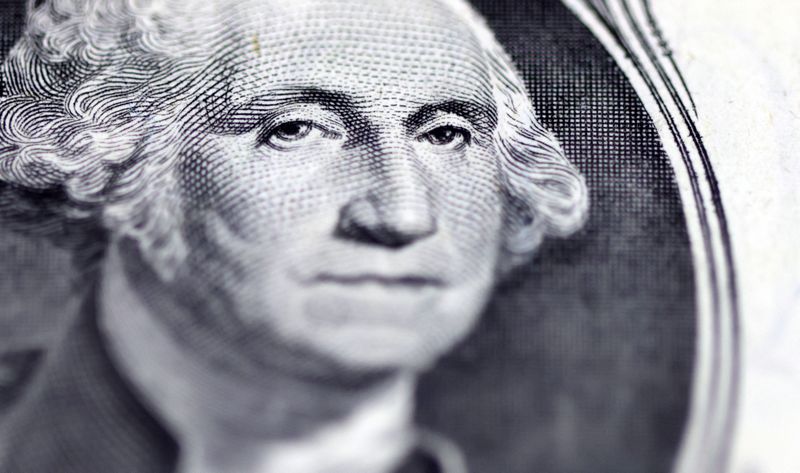Brazil Rejects Tax Hike to Stabilize Currency Amidst Dollar Outflow Concerns
BRASILIA – Brazil’s Finance Minister, Fernando Haddad, unequivocally dismissed speculations about a potential increase in the financial transactions tax (IOF) to counter the outflow of US dollars following the substantial depreciation of the Brazilian real in the preceding year. Haddad emphasized the government’s commitment to maintaining the existing exchange rate regime and refraining from using tax hikes as a tool to manage currency fluctuations. He characterized the recent volatility in the US dollar exchange rate as a natural market adjustment in response to both global and domestic pressures.
The Brazilian real experienced a significant decline of over 20% in the previous year, placing it among the worst-performing emerging market currencies. This depreciation was primarily attributed to the global surge in the US dollar’s value following policy pronouncements by then President-elect Donald Trump, compounded by a sharp rise in risk premiums on Brazilian assets after the government’s fiscal austerity measures fell short of investor expectations. This confluence of factors created a challenging environment for the Brazilian currency, leading to concerns about capital flight and the need for stabilizing measures.
Haddad, following a meeting with President Luiz Inacio Lula da Silva, clarified that the government’s immediate focus is on strategic planning for the upcoming year, with the top priority being securing approval for the 2025 budget proposal. This emphasis on fiscal planning signals the administration’s intent to address underlying economic challenges rather than resorting to short-term measures like tax increases to manage currency volatility. The government appears confident that the current exchange rate mechanism is adequate and that market forces will eventually stabilize the real’s value.
The decision to avoid an IOF hike reflects the government’s understanding of the potential negative repercussions of such a move. Increasing the IOF could stifle economic activity by making financial transactions more expensive, potentially dampening investment and hindering economic growth. Furthermore, it could send a negative signal to international markets, suggesting a lack of confidence in the government’s ability to manage the economy through conventional means. By rejecting this option, the government is signaling its commitment to a more sustainable and market-oriented approach.
The Brazilian government’s strategy appears to be centered on addressing the root causes of the real’s depreciation rather than implementing reactive measures. This involves focusing on strengthening the country’s fiscal position through prudent budgetary management and restoring investor confidence through predictable and transparent economic policies. By prioritizing the 2025 budget proposal, the government aims to demonstrate its commitment to fiscal responsibility and create a more stable and predictable economic environment.
The recent volatility in the Brazilian real underscores the challenges faced by emerging market economies in a global landscape characterized by fluctuating exchange rates and shifting investor sentiment. By opting for a measured and strategic approach, the Brazilian government seeks to navigate these challenges while avoiding potentially disruptive interventions in the currency market. The focus on long-term fiscal planning and structural reforms suggests a commitment to building a more resilient and stable economy capable of weathering external shocks. The government’s confidence in the existing exchange rate regime and its reluctance to resort to short-term fixes signal a belief that the current market dynamics are temporary and that the real will eventually find its equilibrium.


